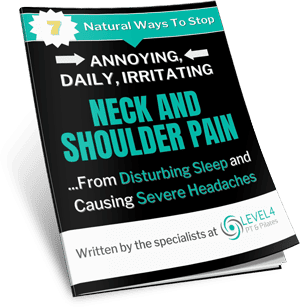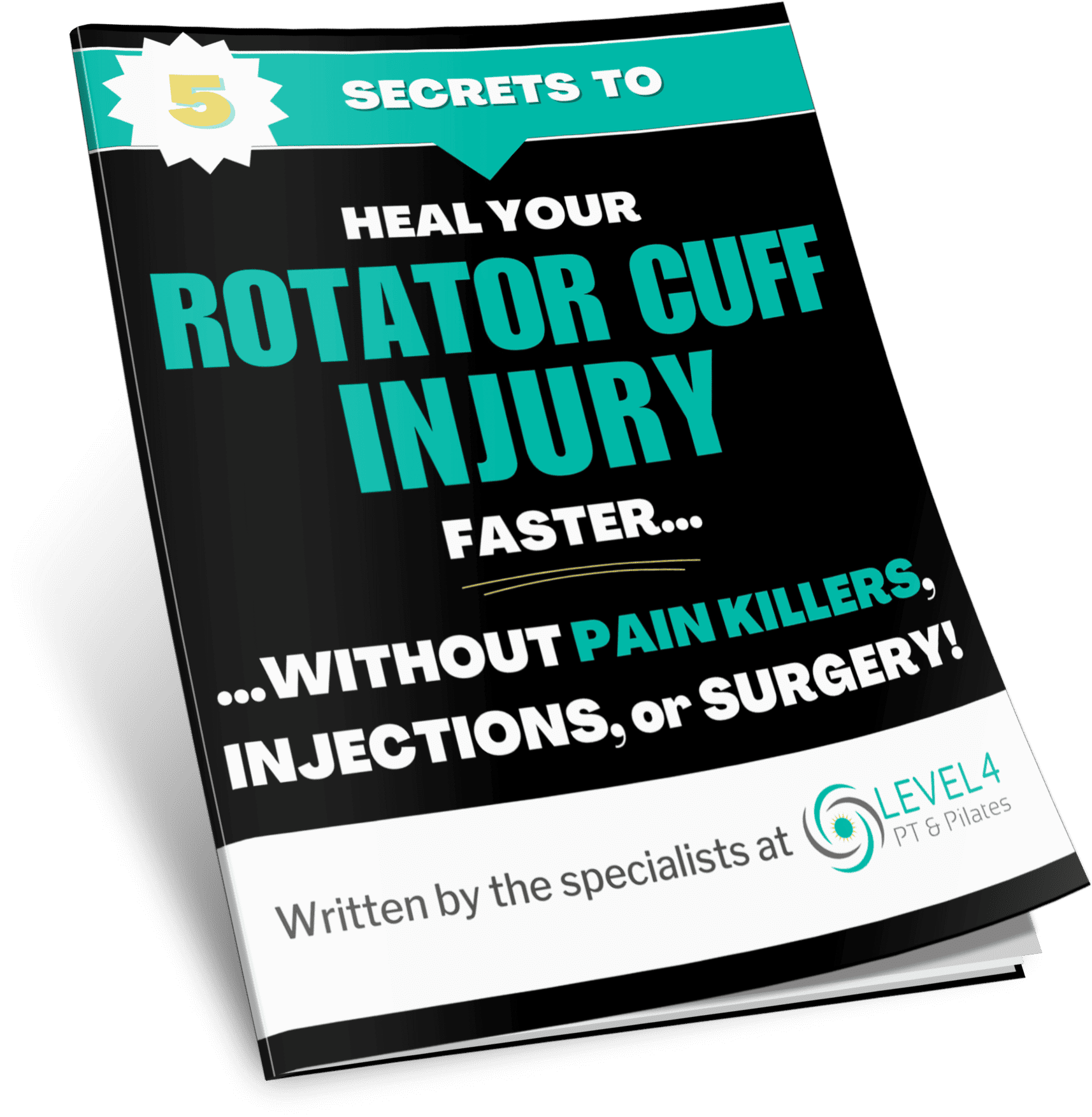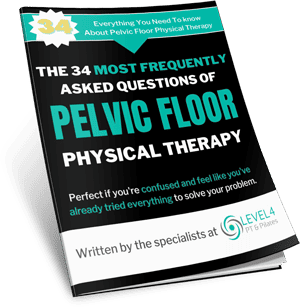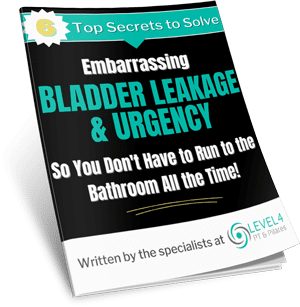Did you know that falls in the elderly that lead to injury are more common than the number of strokes that occur in the United states each year?
Last week we received a phone call from an older gentleman who was concerned about his wife’s balance and wanted to know why he was noticing that she was feeling unsteady on her feet and in fear of falling.
“My wife is a relatively healthy 74-year-old woman who used to go on long walks and shopping with me on a regular basis until last year when she had a fall. Luckily, she did not break any bones, only had a sore hip for a few months. However, ever since then she has been very unsteady on her feet and she feels like she has to hold onto furniture and walls when walking around our home. I’m now afraid to let her leave our home alone in fear of falling in public and not having somebody to help her up, or worse get severely injured. Are you able to help us?”
The truth is, falls in the elderly is more common than what gets publicized and you can do something to address it.
Falls In The Elderly Is No Joke…
Every second of every day, more than one third of adults 55 and older fall each year in the United States and 20% to 30% of people who fall suffer moderate to severe injuries; making falls the number one cause of injuries and deaths from injury among older Americans.
While your friends and family might view your fall as an isolated incident and expect you to just get on with life as usual, you probably know that having even just one fall can be extremely life-altering. Forty percent of the people who end up in the hospital after a fall with a severe injury (like a broken hip) AND die! That’s one older adult dying every 19 minutes from a fall.
Falls in the elderly, with or without injury, also carry a heavy quality of life impact. A growing number of older adults’ fear falling and, as a result, limit their activities and social engagements. This can result in further physical decline, depression, social isolation, and feelings of helplessness.
It’s Not All Doom & Gloom
This may sound very doom and gloom, but it’s why our balance and falls specialists at LEVEL4 PT & Wellness are so passionate about helping people understand the most common causes for falls in the elderly and have helped 100’s of people improve their balance and maintain their mobility and independence!
However, falling is not an inevitable result of aging. Through practical lifestyle adjustments, evidence-based falls prevention programs, and clinical-community partnerships, the number of falls among seniors can be substantially reduced.
And it’s true! Most of us rarely realize we have a problem with our balance until it’s pointed out and made obvious to us or when it’s too late.
Even though not all of us have superhuman balance like gymnasts and ice skaters, we need a certain level of balance to help us go about our daily activities without falling over and hurting ourselves.
So, I wanted to share the most common causes of falls in the elderly and the signs and symptoms to look out for, when it comes to wobbly balance and an increased risk of falls…
Cause #1 – Dizziness
The first most common cause is ‘dizziness’. Everyone has a dizzy episode now and then, but the word ‘dizziness’ may mean something different to different people.
For some people dizziness might be a fleeting sensation of spinning. While for others it feels intense and lasts a long time.
If you find yourself feeling as though the room is spinning around you, lightheaded, or as though you’re moving even when you’re sitting or standing still…
It’s a good sign you have a balance problem.
Cause #2 – Poor Posture
The second sign that a lot of people brush to the side as just a part of getting older, or sitting at a desk all day, is poor posture.
The muscles in your core and lower back work together to hold your spine and pelvis in place. If these muscles are weak, your body will be unstable, and you won’t be able to stand steadily for more than a short period of time.
Instead, you’ll look slouched and slumped over, which in turn will strain your muscles.
And if because of poor posture you find yourself having to lean on things like the grocery cart or using the walls to help balance yourself when you move around – there’s a good chance you need to work on your balance.
Cause #3 – Low Back Pain
Lastly, low back pain is also a sign that your balance is slowly getting worse. The back and core help support the body and keep you standing tall, but if the muscles are weak and your back isn’t straight, then your back will be in pain.
And believe it or not, low-back pain can be brought on by bad balance and a weak core.
In fact, all of them go hand in hand together!
Our very own Dr. Dawn wrote a past blog on the best way to ease and prevent low back pain, improve posture and core strength. Click below to see what she said.
< I Hurt My Back and Was Told ”Go Do Pilates!”… But I’m Not Sure Why?” >
Relying On Others
Something else we hear a lot of our clients say, is that they have to rely on their husband or wife to help them get around the house. And because of that they even lack the confidence to leave the house in case they feel a bit unsteady and fall in public….
…Or worse, have no one there to help them get back up!
We have many of our clients tell us that they either fall in a restaurant or a farmer’s market and that they were embarrassed because they were alone and had no one there to help them, so they have to ask close friends or family members to do the grocery shopping for them instead.
There’s lots of little signs that your balance is off, and although some are more extreme than others like falling over unexpectedly and feeling worried to leave the house…
Some are not as severe, but if you notice and act on them quick, you can help lessen the risk of falls and get better balance in good time.
Many of our past clients arrive not knowing how bad their balance really was until we helped them find out.
Next Steps
If you or someone you know are worried of falling and would like some expert advice as to how to best prevent it or to keep it from happening again, we’d like to invite you to our balance and falls class. Call this number now and we’ll tell you when our next event is being held: (760) 503-4440. We will help you finally get some clear answers. And we can discuss the best solutions available to you, even if it’s not with us. We understand that finding quality care is a challenge, that’s why the first session is always on us!
Dr. Andalon
- Can Physical Therapy Help My Muscles After Having Covid? - January 26, 2022
- The Real Story Behind What’s Causing Your Sciatica - August 30, 2021
- Should I Have Surgery to Repair a Tear in My Rotator Cuff? - February 9, 2021



















